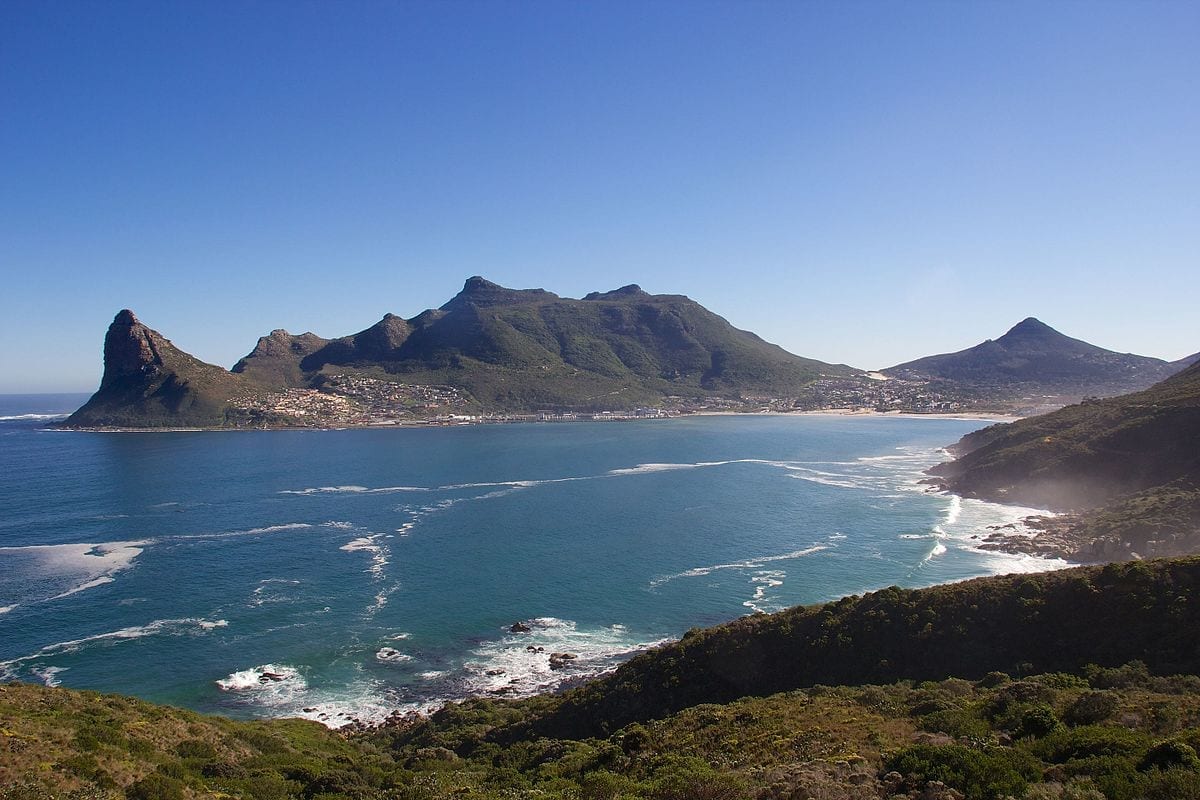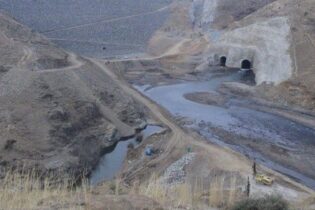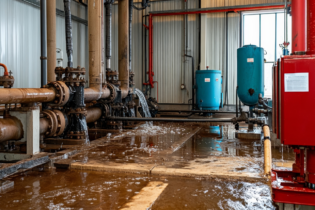The city also said it was looking for solutions that could produce between 100 million litres and 500 million litres of potable water per day.
At the meeting, the city shared its interests to form partnerships with profit making and non-profit companies to supply, install and operate temporary plants at different locations along the coastline and inland. The city plans for the first set of plants to be available for production towards the end of August this year. De Lille said the city would conduct regular water quality tests at each of these sites once operational. She also emphasised that the temporary installation of water plants is intended to build resilience in the city and to make sure households and businesses were not severely affected by acute shortages of surface water. “The drought is not a one-solution problem,” she said. “More permanent solutions will be announced in the coming months. With this in mind, all residents of Cape Town are reminded that each person must use less than 100 litres of water a day, as per the requirements of the level 4 water restrictions.”
The City of Cape Town is taking a new resilience approach to water management in the city, mayor Patricia de Lille said on Sunday.
After experiencing one of the worst droughts in almost 100 years, the city is looking at securing new sources of water after receiving little relief following recent heavy downpours.
At a recent city monthly council meeting, de Lille said being resilient in an urban environment meant that all sectors of the city needed to adapt and grow despite the “stresses and shocks” that may come.
One of the outcomes of the meeting was the creation of a water resilience task team. The team will focus on helping develop support strategies in response to the drought to ensure severe water shortages are avoided. This will also be in an effort to transform Cape Town’s water reliance on surface water.
“We cannot bank on there being sufficient rain in the remainder of winter to break the drought,” De Lille said. “It will take at least three consecutive winters of above-average rainfall to make a real difference to the availability of surface water.”
The city said it would begin sending out a request for information (RFI) at the beginning of this week to the market for proposed solutions that would enable the city to temporarily establish several small, intermediate and perhaps even large plants to supply potable water.








